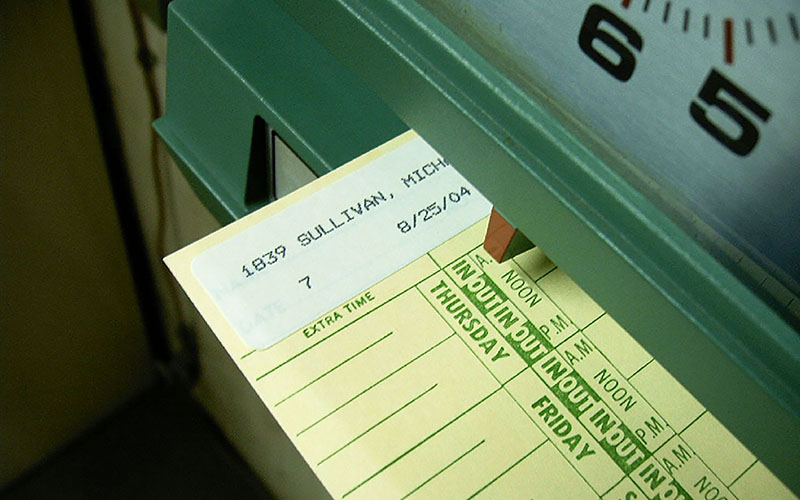
An estimated 90,000 salaried workers in Arizona would have been able to collect time-and-a-half under a Labor Department rule that was to take effect Dec. 1, before a federal judge stepped in to block the plan. (Photo by M Sullivan/Creative Commons)
WASHINGTON – A federal judge Tuesday halted an Obama administration rule on overtime pay that could have made as many as 90,000 workers in Arizona eligible for time-and-a-half pay had it been allowed to take effect next week.
U.S. District Judge Amos Mazzant agreed with 21 states, including Arizona, and scores of business groups who argued that the Labor Department did not have the authority to enact a rule to require overtime for workers earning less than $47,476 a year, double the previous threshold.
Mazzant’s preliminary injunction temporarily blocks enforcement of the rule that was to have taken effect Dec. 1. The Labor Department estimated that the rule could have affected 4.2 million salaried workers who cannot now draw overtime pay, including an estimated 90,000 in Arizona.
Arizona Attorney General Mark Brnovich was “pleased with the court’s decision” and “remains committed to fighting against federal overreach,” according to a prepared statement emailed by his office Wednesday.
Arizona business groups did not return calls seeking comment Wednesday on the ruling.
But supporters of the proposed change said the finding that the Labor Department had overreached was not “legally justified.”
“It’s an extreme and legally indefensible decision,” said Judy Conti, federal advocacy coordinator for the National Employment Law Project.
Conti and other supporters of the overtime pay rule said they expect the Labor Department will challenge the ruling, and the agency said Tuesday that it is “currently considering all of our legal options.”
“We strongly disagree with the decision by the court, which has the effect of delaying a fair day’s pay for a long day’s work for millions of hardworking Americans,” the department statement said. “The department’s overtime rule is the result of a comprehensive, inclusive rulemaking process, and we remain confident in the legality of all aspects of the rule.”
But Mazzant said that the Fair Labor Standards Act, under which the new rule was proposed, defined management workers “with regard to duties, which does not include a minimum salary level.”
“The department exceeds its delegated authority and ignores Congress’s intent by raising the minimum salary such that it supplants the duties test,” Mazzant wrote.
“The department’s role is to carry out Congress’s intent,” he said in his opinion. “If Congress intended the salary requirement to supplant the duties test, then Congress, and not the department, should make that change.”
But Ross Eisenbrey of the Economic Policy Institute said the people who drafted and passed the Fair Labor Standards Act knew the intent of the law, and he doesn’t believe the argument of federal overreach is “legally justified.”
“This judge thinks he has a better idea of what the intent is than the people who wrote the law, it’s absurd,” Eisenbrey said Wednesday. “It upsets 78 years of settled practice.”
Economic Policy Institute President Lawrence Mishel called the judge’s ruling “novel, outrageous, and wrong.” He predicted that it would hurt millions more middle-class salaried workers than the Labor Department predicted it would help.
“It’ll be useful to hear from the Trump administration if he cares for this rule or not … if he wants to increase overtime protections to middle class salaries,” Mishel said.